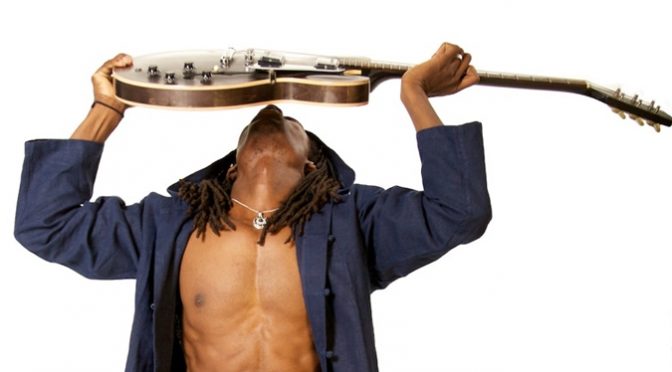
Haitian-Canadian artist Wesli is the winner of the 2019 Juno Award (Canada’s top music award) in the World Music Album of the Year category, for his impressive 21-song album Rapadou Kreyol. The album focal point is keeping the Haitian traditional music and instrumentation alive and well.
“I have two hearts,” said Wesli. “One is in Haiti, and the other is here in Canada, my chosen second homeland. Every time I do a new project, I have to approach it in two ways, one specifically dedicated to Haiti and our roots and culture, and another one dedicated to the welcome society that I am living in and that I’m grateful to.”

Upon receiving the award, an overjoyed Wesli said, “I really didn’t think I’d win, because everyone in the category [some of whom he’d worked with before over the years like Boogat and Cuban artist Telmary] are all so great, but I’m so thankful and grateful that I can represent Haitian artists in this way.” He’d been nominated once before, in 2007, as album Producer for Senaya, his band at the time, but this is his first win for his own music.
Named for rapadou, the tasty bamboo-wrapped fermented sugarcane often added to coffee, “This album is designed to revive our beautiful rhythms like Petro, Congo, Rada, Nago, Rara, the troubadour and voodoo rhythms, and our music in Yoruba language. These styles have almost no support from the mainstream media to keep them alive in the commercial society that we are living in,” Wesli notes. “Haitian music is the African Bible of the Caribbean. Our traditional percussionists know all the old ways and keep them. We can’t afford to lose them now. I have decided to do this roots revival album to remind us of who we are, where we are coming from, and what unites us.”
Sung entirely in Kreyol, Rapadou Kreyol features his own respectful take on the Haitian rituals of Lakou Dahomé and Lakou Congo, fusing rolling rara beats, bursts of brass, and just the precise electronic elements.
Each of the tracks is a different Haitian genre, like Congo and Daomé to represent joy, Nago and Djouba to represent contemplation and sadness. Each Haitian roots rhythm reflects different situations and requires different drums and instruments. Wesli adds, “One unique thing we do in all these genres is dance! We dance to everything in Haiti.“
More information at wesliband.com/en/
headline photo: Wesli by Josué Bertolino


